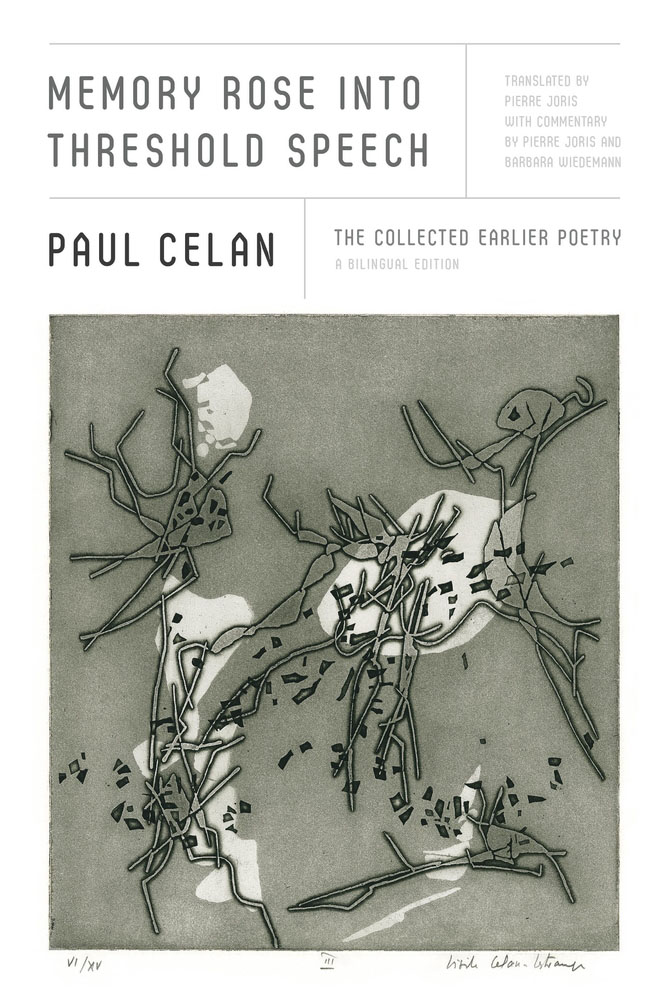Ryan Ruby is the author of The Zero and the One: A Novel (Twelve Books, 2017) and a book-length poem, Context Collapse, which was a finalist for the 2020 National Poetry Series Competition. His writing has appeared in Poetry, Conjunctions, the NYR Daily, the Paris Review Daily...

